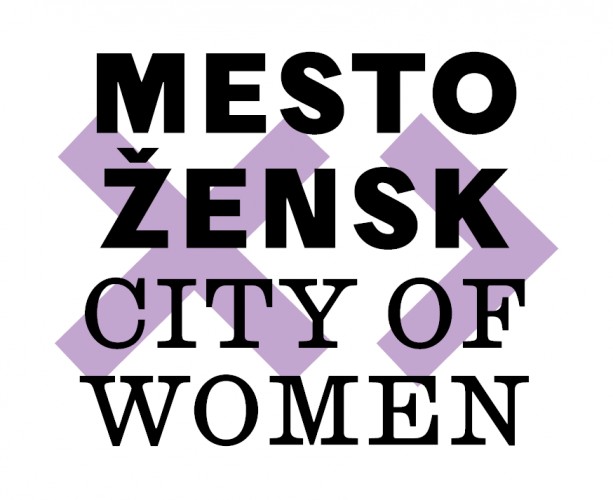The magical voice of a singer who concluded the tenth year's festival resonated from several Slovenian stages in 1994 as part of the then nomad, excuse me, travelling ethno-festival Okarina, including the rain-washed Ljubljana castle. Mónika Juhász Miczura – to friends and fans simply Mitsou – was back then the singer of surely the most precious of Hungarian Roma bands Ando Drom. Mitsou learned traditional songs from her mother. She says her mother was about to embark on a wonderful career following numerous awards, if only she had been prepared to move to a bigger city. But she was too poor, she couldn't even afford to buy shoes, and was ashamed to leave her home village on the Romanian border and leave for Budapest barefoot. If we have been deprived of 'Mitsou Senior's' singing, we can rejoice even more at the chance to delight in the evocative and magical singing of her daughter, whose talent was discovered by Jenö Zsigó, the leader of Ando Drom band, at a children's workshop.
Although she is no longer a member of that group, Mitsou continues to carry out its mission in a unique fashion, in her new band Mitsoura. Ando Drom translates as 'On the Road' and the owner of such a penetrating, sonorous voice went on a risky adventure in search of variation and innovation which could surpass traditional Roma music. Risky, because many have been burnt before her as they combined traditional and electronic music. Nevertheless, our heroine came out battle-hardened and fresh, with a clear vision of what she wants (and what she wants to achieve from it) from the currently trendy blending of the traditional and the super-modern.
The fusion of her stunning voice with electronic music is never a one-way street, it never has one meaning only; her voice is not merely compulsory decor for the stoned ambience atmosphere. On the contrary, the prevailing feeling is of Mitsou electrifying Roma music, of her showing how much electricity there was in it from the very start. She has surrounded it with ambiental, atmospheric sounds to bring one's attention the spacious, extensive quality of this essentially nomadic people's music. There is, of course, the presence of trance, since she reminds us of the experience of trance itself – translocation, travelling – which is so effortlessly achieved by Roma musicians. The songs on her alluring debut album (Mitsoura, 2003) are – Roma and Indian as well – almost all traditional, as are most of the instruments playing with electronic instrumentation: the cimbal (mostly played by master Kálmán Balogh), kaval, zurna, viola, tabla etc. Old and new, yet never in conflict or confrontation, but in true harmony and co-existence. The trance became even deeper in the concert thanks to the accompanying visual animations inspired by Indian motifs and Roma art work.


